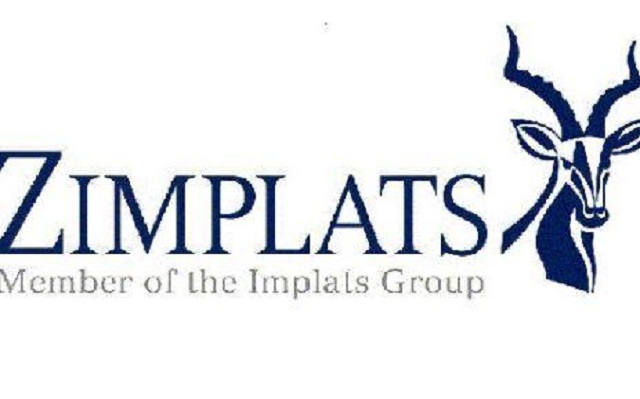EDITORIAL COMMENT: Refinery to bring full beneficiation solution to Zim

In 2012, the Government proposed a tax on raw platinum exports in a bid to encourage local miners to build a refinery.
The proposal came also in the context of the Government’s value addition and beneficiation agenda. It was supposed to come into effect two years later, but the Government deferred it to 2018 to allow the country’s three platinum miners to build the processing facilities. At some point they considered building a joint plant to share costs. The argument at that time was that, on its own, Mimosa was too small to afford its own smelting and refining plant. In June 2015, Zimplats announced it would invest $131 million in the refinery.
Nothing came out of the announcements and it was evident that the three miners weren’t going to be able to build one by next year. The Government may have understood the challenges that implementing the directive was going to pose on the viability of the three miners, so decided to mobilise investment for the facility itself in 2015. We saw the result of that process on Wednesday when the Government signed an agreement with an Australian company, Kelltech, to build a $300 million platinum refinery in the country.
Kelltech will set up a joint venture company with Zimbabwe Mining Development Corporation and local partner Golden Sparrow. Expected to begin next year, construction work is scheduled to take 24 months.
Kelltech will hold 49 percent stake in the proposed company, while ZMDC would hold 30 percent and 21 percent for the Australian company’s indigenous partner, Golden Sparrow. Kelltech will design, construct and fund construction of the plant.
Equipped with the plant, the three local platinum miners would be able to refine the mineral rather than exporting it unprocessed. It would separate base metals; nickel, cobalt and copper from the precious metals; platinum group metals and gold. Its initial capacity would be to process 300 000 tonnes of platinum concentrate which is substantially lower than the 420 000 tonnes local miners — Unki, Mimosa Mining Company and Zimplats — produce.
“At Kelltech,” said Mr Keith Liddel at the signing ceremony in Harare, “we are very pleased and honoured to be able to provide a full beneficiation solution to Zimbabwe for the production of its platinum group metals. This initiative will provide the indigenisation solution that Zimbabwe has been looking for, for its platinum industry for many years.
“This is because the indigenisation will now happen at the concentrate level rather than at the mining level and we are very pleased that we can kill two birds with one stone; doing full beneficiation and (fulfill) indigenisation (requirements). We look forward to the construction of our kell (technology) plant in Zimbabwe.”
This project must take off, now.
Our economy has been exporting jobs since platinum mining started in earnest in the 1990s. Our economy has been losing billions of dollars over the years to South Africa where the three local platinum miners took the resource for processing.
This is why we say that the platinum industry needs a refinery now. Hundreds of jobs would be created when the facility is being built and running.
Hundreds more would be created to operate it. The country will obviously increase its export earnings as the processed mineral would earn more than the raw platinum being sent to South Africa for value addition and beneficiation.
Furthermore, authorities would be better able to account for the gold that comes out of the processing plant, the nickel, the cobalt, the lead, the zinc, the silver, the palladium, and the rhodium, not to mention the primary mineral itself, platinum. We are unsure how honest the reporting has been in the platinum mining sector, but we strongly suspect not all the value was declared. However, with a local processing plant, a plant in which the Government will have a stake also, it would be easy to track the process and get the real value of the mineral. We think many would be shocked to learn as to the billions the economy has lost over the years to foreign processing facilities.
All the miners would be legally mandated to deliver their ore to the plant for processing at market prices. This is great because it ensures that we don’t build a white elephant and also that the mining companies earn what they must earn from their investments at their respective mines.
The exact physical location of the envisaged facility hasn’t been ascertained yet, but we expect it to be central so that the miners would not spend much money and time in transporting the concentrate for processing. But whatever location would be chosen, the transport costs to be incurred would be a fraction of what the mining companies are paying moving the raw material to South Africa.
There has been some modest movement in beneficiation and value addition with regards to diamond in addition to the traditional local capacity the country always had in gold. However, we don’t think we are where we must be as a country with respect to diamond. Therefore, we demand more effort in building facilities and the required skills base in diamond beneficiation, now that operations have been consolidated.
Indeed, a platinum refinery would be a game changer but it would only be one when it is up and running, not on paper. This is why we urge the Government to make sure that the facility is built now so that value is localised, not exported.







Comments